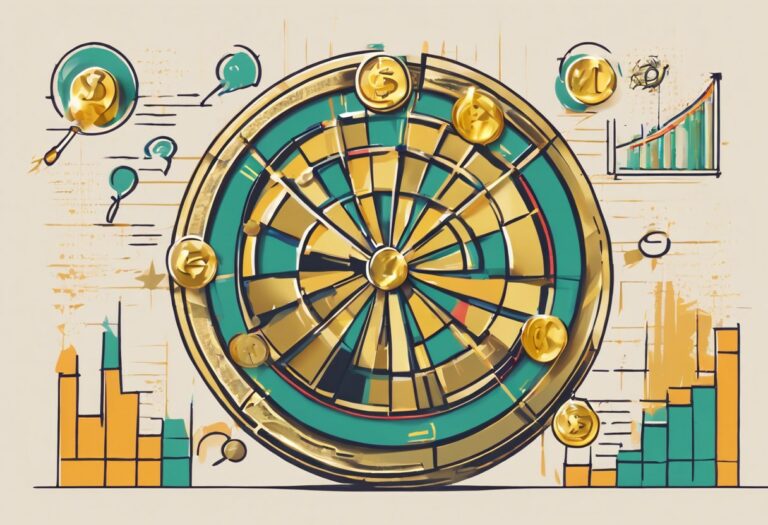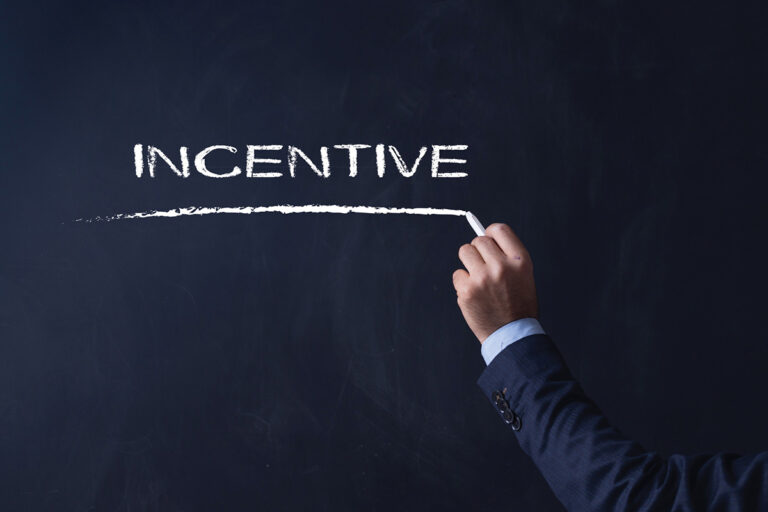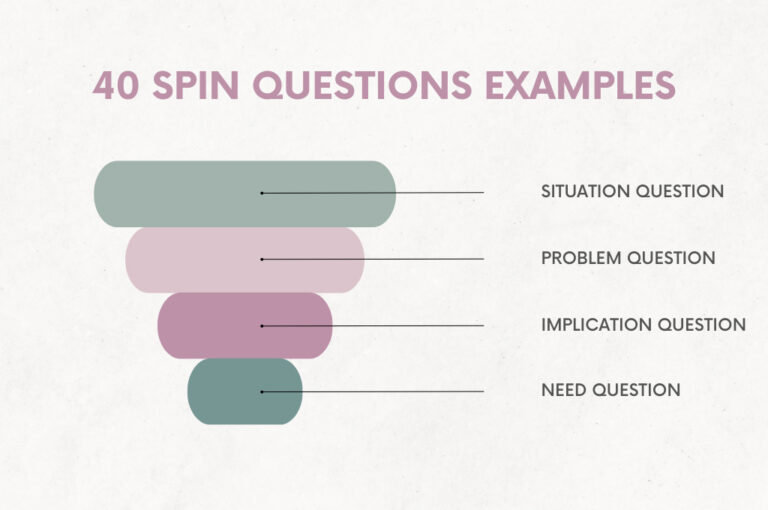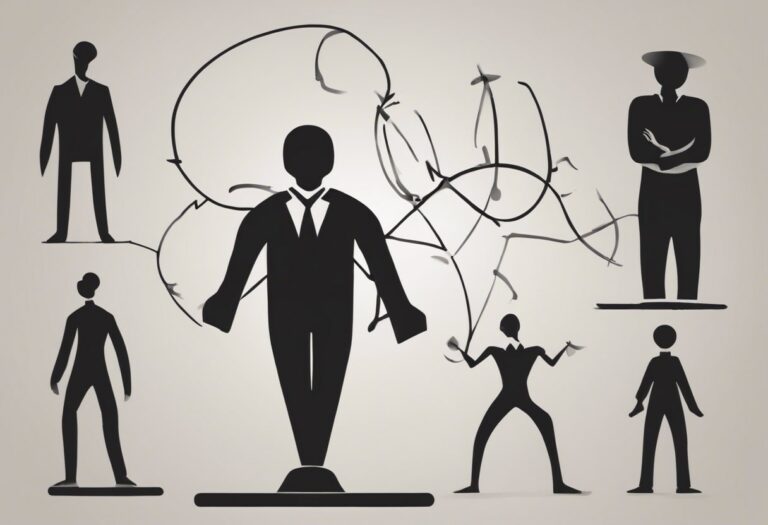Sales Excellence: How to Identify & Reward Your Exceptional Reps

Mastering sales excellence is a crucial component for the success of any business, setting the foundation for both short-term achievements and long-term growth.
This article delves into the various facets of identifying, measuring, achieving, and rewarding sales excellence within your organization. From fostering a strong sales culture to leveraging the latest technological tools, we explore actionable strategies that can help elevate your sales team to new heights. Discover how to identify and reward exceptional sales reps, ensuring your team’s motivation and commitment to excellence remains unwavering.
What Is Sales Excellence?
Sales excellence is a multifaceted approach that transcends simply hitting sales targets. It encompasses the effectiveness and efficiency of a sales team, leveraging practices, behaviors, and outcomes that drive long-term success. Sales excellence involves understanding and meeting customer needs effectively, employing strategic decision-making, and continuous improvement in processes and skills. This concept is about creating value not just for the company, but also for customers, by going beyond the traditional sales approach.
How Should You Determine Sales Excellence?
Determining sales excellence within your team involves examining various aspects of your sales reps’ behaviors and outcomes. It’s not just about who brings in the most revenue—though that’s important. It’s also about identifying those who embody the qualities that lead to sustained success and growth for your business.
1. Motivation
Motivation is a key indicator of sales excellence. Motivated sales reps show enthusiasm for their work, push through challenges, and consistently look for ways to meet and exceed their targets. Their drive to succeed benefits the entire team, fostering a culture of high performance and continuous improvement.
2. Working Smarter
Working smarter, not just harder, is a hallmark of sales excellence. This involves leveraging tools and technologies to streamline processes, using data to inform strategies, and prioritizing tasks for maximum impact. Reps who excel at working smarter can achieve their goals more efficiently, maximizing their productivity without burning out.
3. Quickly Getting up to Speed
The ability to quickly get up to speed with new products, services, market conditions, and sales techniques is crucial. Fast learners adapt more readily to change, making them invaluable in the dynamic environment of sales. They can also effectively educate and persuade customers, building trust and credibility.
4. Adaptability
Adaptability goes hand-in-hand with quick learning. Sales reps who are adaptable can navigate the inevitable shifts in the market, customer preferences, and internal processes with ease. They are open to feedback and willing to adjust their strategies to improve outcomes, demonstrating resilience and flexibility.
5. An “Onto the Next One” Mentality
Exceptional sales reps don’t dwell on setbacks. Instead, they embody an “onto the next one” mentality, viewing each challenge as a learning opportunity. This mindset allows them to maintain momentum and stay focused on achieving future successes, rather than being hindered by past obstacles.
Sales Excellence Examples
Illustrating sales excellence through examples can provide clear insight into what exceptional selling behaviors look like in action. These examples not only serve as inspiration but also offer practical models that sales teams can strive to emulate. From individual strategies to team dynamics, sales excellence can manifest in various forms, each contributing to overall success.
- Consistently Exceeding Sales Targets: Beyond merely meeting set sales goals, reps who regularly surpass their quotas demonstrate a high level of excellence. This often involves not just hard work, but strategic thinking and exceptional customer engagement.
- Building Strong Customer Relationships: Sales reps who excel at creating and nurturing relationships with clients contribute to long-term business success. These professionals understand the importance of trust and reliability, and they work diligently to provide value to their clients.
- Innovative Solution Selling: Excelling salespeople are those who approach problems with innovative solutions, tailoring their proposals to meet the unique needs of each customer. This approach often leads to increased customer satisfaction and loyalty, as well as higher sales numbers.
- Effective Use of Sales Technology: In today’s digital age, leveraging sales technology effectively is a sign of sales excellence. Reps who use CRM tools, analytics, and other technologies to streamline their processes and stay informed on customer needs are often more successful.
- Impactful Mentorship and Leadership: Sales excellence isn’t limited to individual performance. Sales reps who mentor junior team members, share best practices, and contribute positively to the sales culture demonstrate leadership and significantly impact their teams’ overall performance.
How to Measure Sales Excellence
Measuring sales excellence is critical in understanding the success and areas for improvement of your sales team. It provides a framework for recognizing outstanding performance and guiding reps towards successful behaviors and strategies. Various metrics can offer insights into sales excellence, combining both quantitative and qualitative data.
Sales Performance
Sales performance metrics are fundamental in gauging excellence. These typically include revenue generated, number of deals closed, quota attainment, and year-over-year growth. High performers stand out through their consistent achievement and often exceed these benchmarks, showcasing their ability to drive sales forward.
Sales Productivity
Productivity measures how efficiently sales reps use their time and resources to achieve their goals. Key indicators include the volume of sales activities (calls, meetings, emails) and the outcomes of these activities (qualified leads, opportunities created). Sales reps demonstrating excellence are those who manage to produce significant results without necessarily increasing their workload proportionally.
Sales Proficiency
Sales proficiency focuses on the quality and effectiveness of sales interactions. It evaluates how well reps understand customer needs, product knowledge, and the sales process. Proficiency metrics can include conversion rates, average deal size, and customer satisfaction scores. Reps that excel in these areas show a deep understanding of both their offerings and their client’s requirements.
Qualitative Metrics
While numbers are critical, qualitative metrics also play a vital role in measuring sales excellence. These include peer and customer feedback, teamwork and collaboration levels, problem-solving abilities, and adaptability to change. Capturing these softer skills can often provide a more holistic view of a rep’s performance and their overall contribution to the sales organization’s success.
How to Achieve Sales Excellence
Achieving sales excellence is a multifaceted process that requires strategic efforts at various levels of an organization. It involves creating an environment that nurtures growth, adopting effective training methodologies, and leveraging technology to enhance performance. Here’s how companies can foster sales excellence within their teams.
1. Create a Strong Sales Culture
A strong sales culture is foundational to achieving excellence. This culture should celebrate wins, encourage learning from losses, and promote a continuous drive for improvement. By fostering a positive, inclusive, and motivational environment, organizations can empower their sales reps to strive for their best performance. Recognition, clear communication, and shared goals are key elements of a strong sales culture.
2. Focus on Actionable Sales Training and Continuously Coach Reps
Sales training should go beyond initial onboarding to become an ongoing, integral part of a rep’s career development. Effective training programs are actionable, meaning they provide reps with practical skills and knowledge they can immediately apply. Continuous coaching keeps reps engaged, addresses individual weaknesses, and capitalizes on strengths. Tailoring feedback and training exercises to fit each rep’s needs ensures that the entire team can progress together towards sales excellence.
3. Choose New Sales Technology Carefully
Investing in sales technology can significantly enhance team productivity and efficiency, but it’s essential to choose these tools carefully. The best technology solutions align with your sales processes, are intuitive for your team, and integrate well with your existing toolset. When selecting new sales technology, consider its scalability, support resources, and how it complements your team’s strengths. Proper training on how to maximize the tool’s capabilities is also crucial for ensuring a strong return on investment.
Rewarding Sales Excellence
Rewarding sales excellence not only recognizes high-performing reps but also motivates the entire sales team to strive for higher achievements. Implementing a comprehensive rewards system encourages sustained performance, fosters a positive work environment, and aligns individual accomplishments with company goals. Here are effective ways to reward sales excellence.
- Monetary Bonuses: Financial incentives remain one of the most direct and appreciated ways to reward sales excellence. Bonus structures should be clear, attainable, and scale with performance to motivate ongoing excellence.
- Recognition Programs: Publicly acknowledging exceptional sales efforts boosts morale and sets a benchmark for success within the team. Recognition can take many forms, from awards and certificates to company-wide announcements.
- Professional Development Opportunities: Offering opportunities for professional growth, such as advanced training programs, workshops, or seminars, can be a valuable reward. It signals an investment in the rep’s career and enhances their skills and knowledge.
- Exclusive Incentives: Unique incentives, such as trips, event tickets, or exclusive experiences, can create memorable rewards for top performers. These should cater to the interests of your sales team and offer something truly desirable.
- Career Advancement Paths: Clear pathways for career advancement not only reward high performance but also encourage reps to remain with the company long-term. Promotions, new responsibilities, or leadership roles can all serve as incentives for continued excellence.
Instituting a well-rounded reward program ensures that sales excellence is continuously recognized and encouraged, driving your team and company to greater heights of success.
Final Thoughts
As we have explored, sales excellence is not just a goal but a continuous process that involves strategic planning, execution, and reward. By understanding what sales excellence entails and implementing strategies to identify and nurture it within your team, you can ensure sustained success and growth for your organization. Remember, sales excellence goes beyond numbers; it’s about building relationships, leveraging technology, and fostering a culture of motivation and improvement. Rewarding these efforts solidly reaffirms your commitment to not only hitting targets but also to the personal and professional growth of your team members. As you move forward, keep these insights in mind to cultivate an environment where sales excellence thrives, driving your business to new achievements and beyond.






